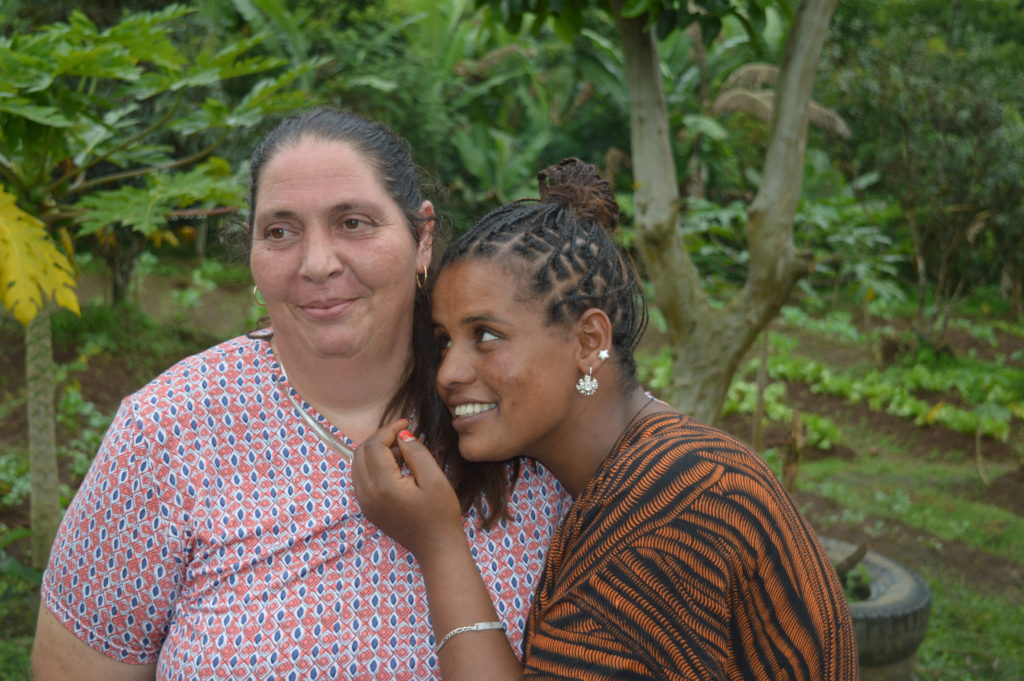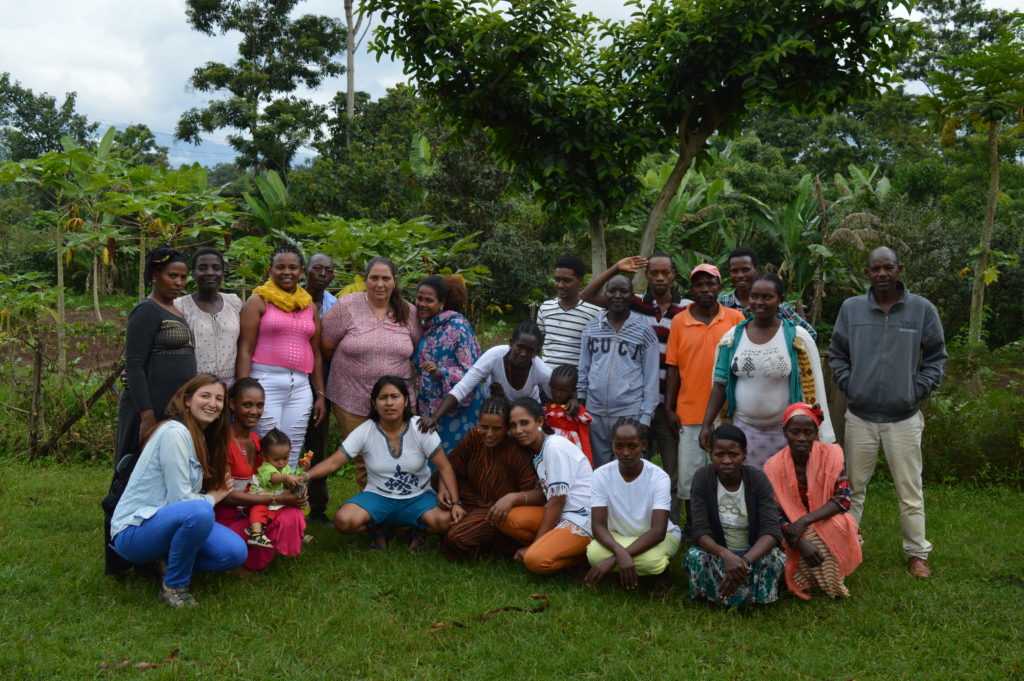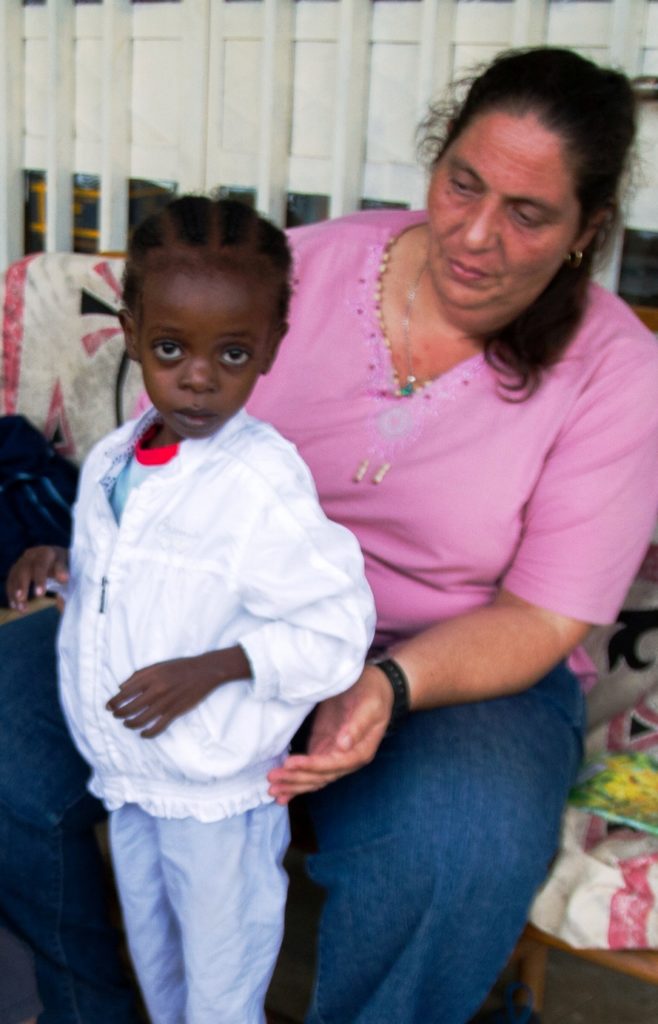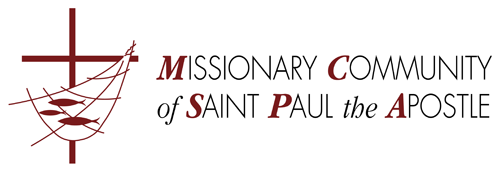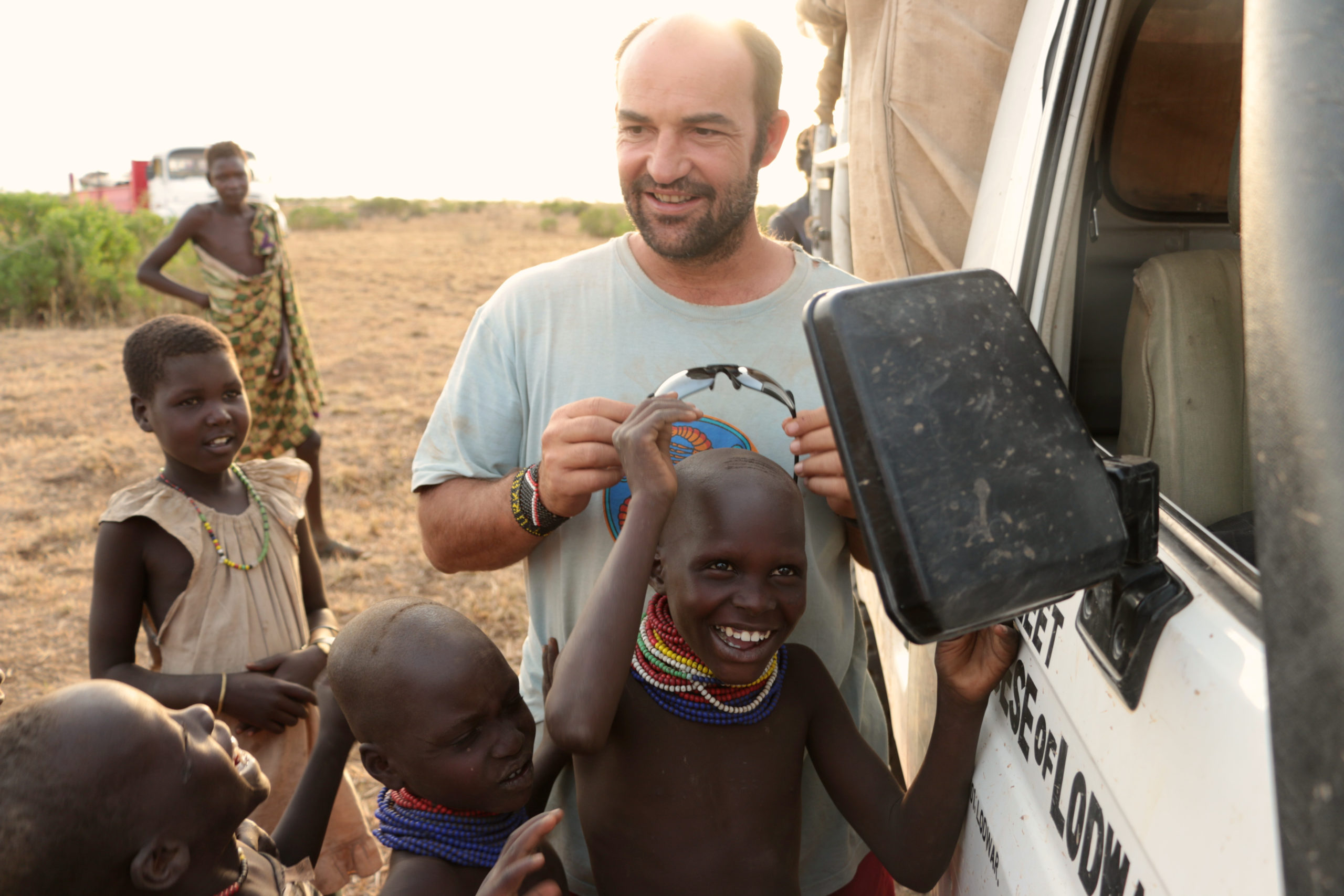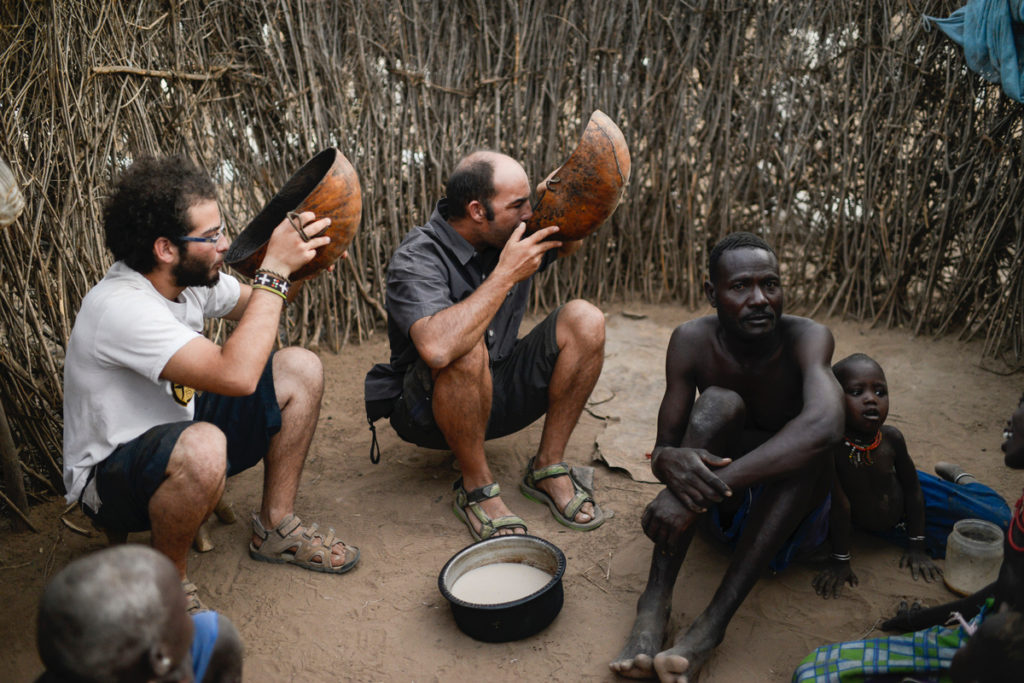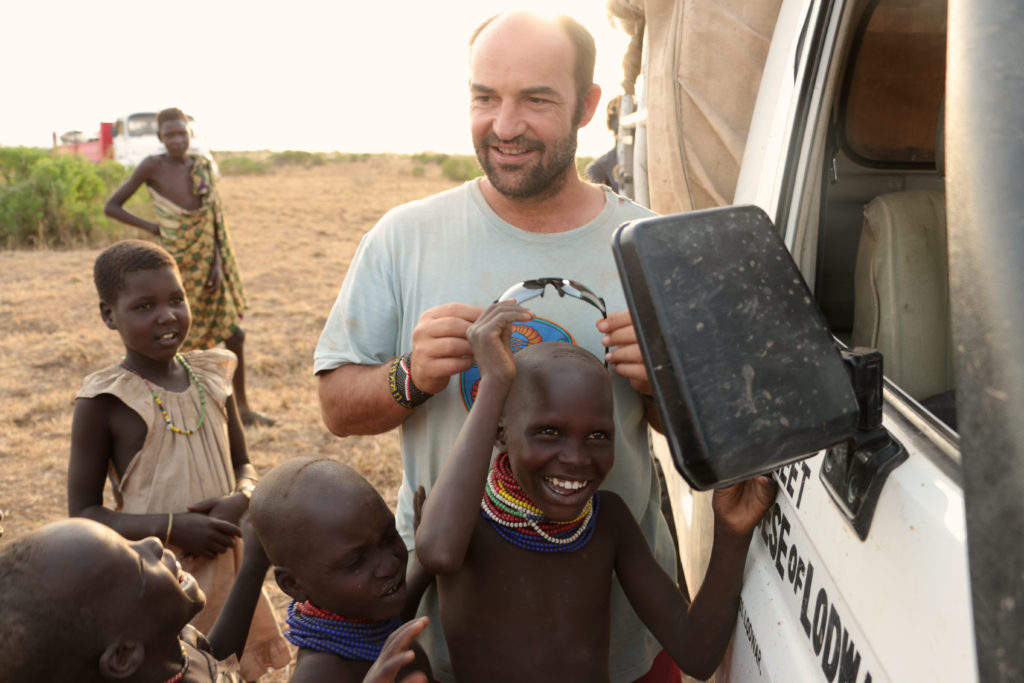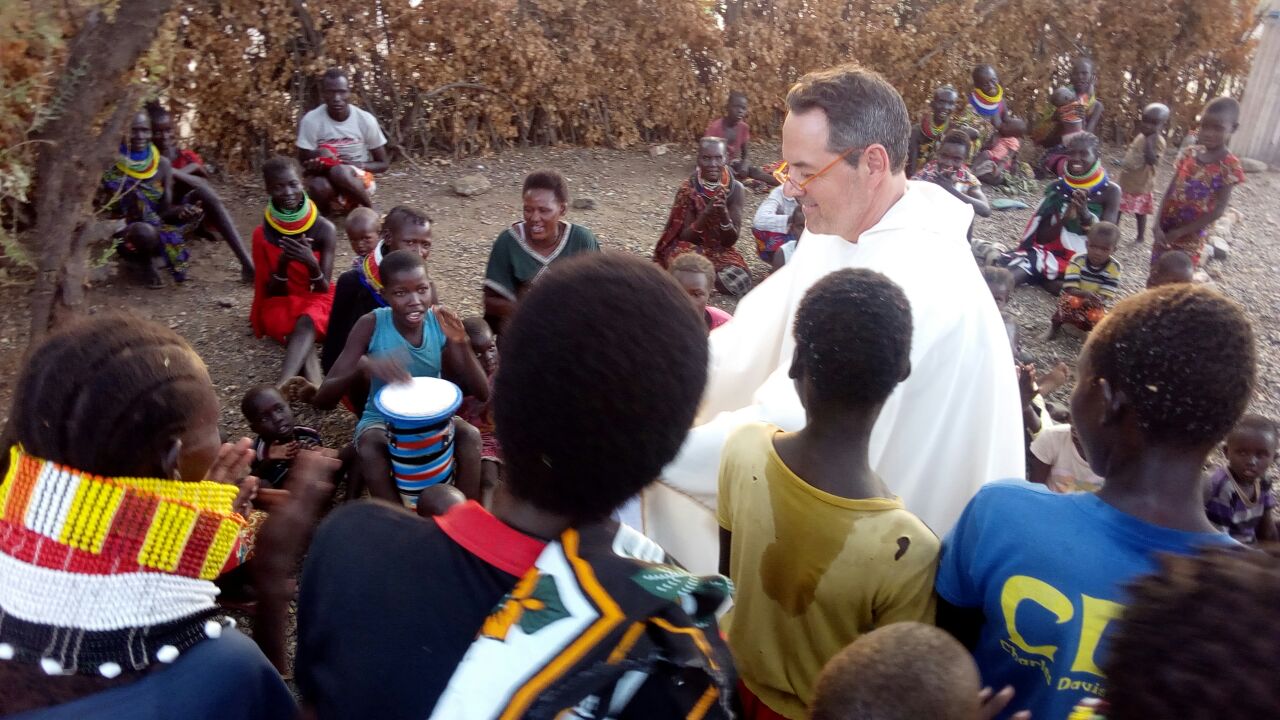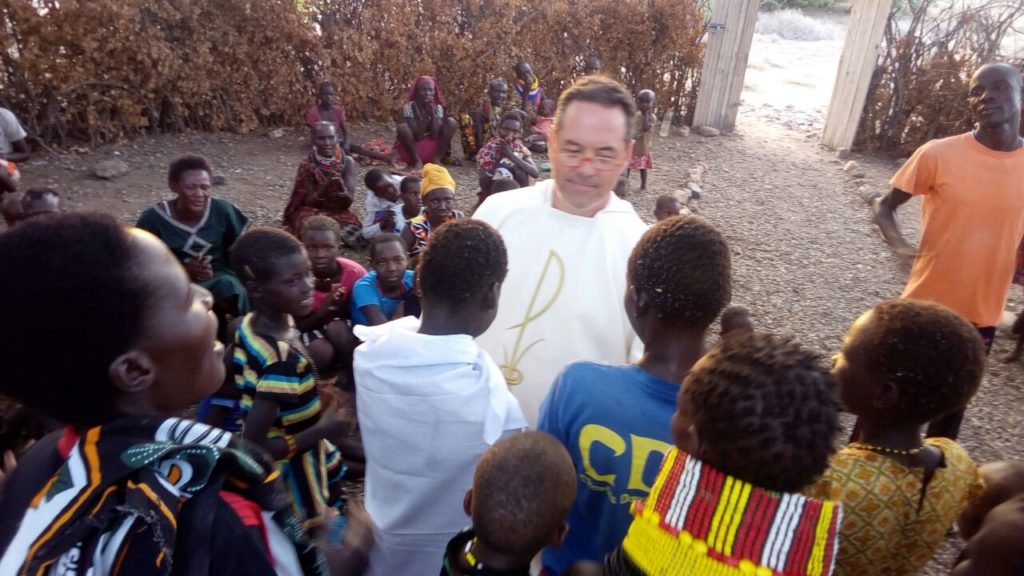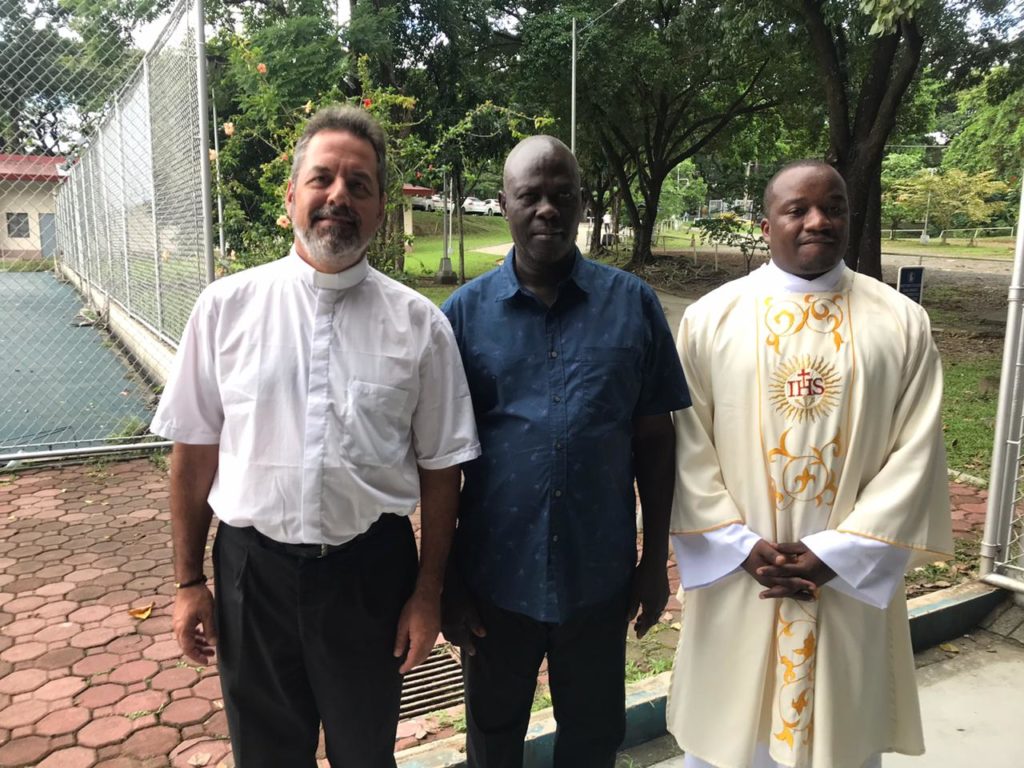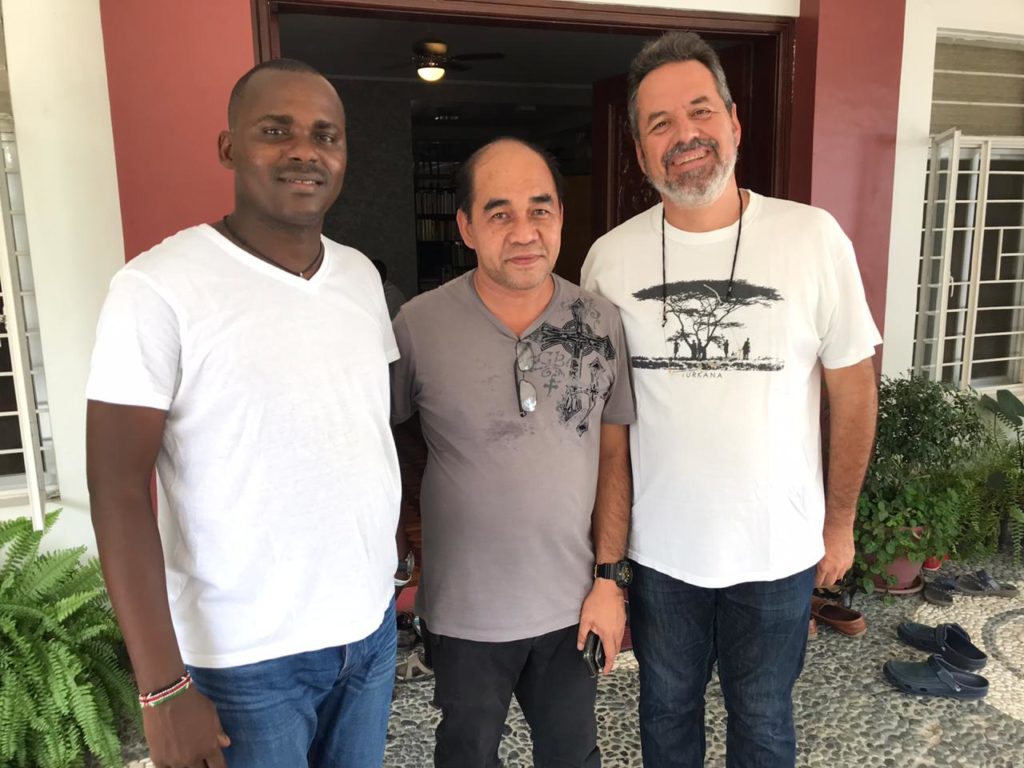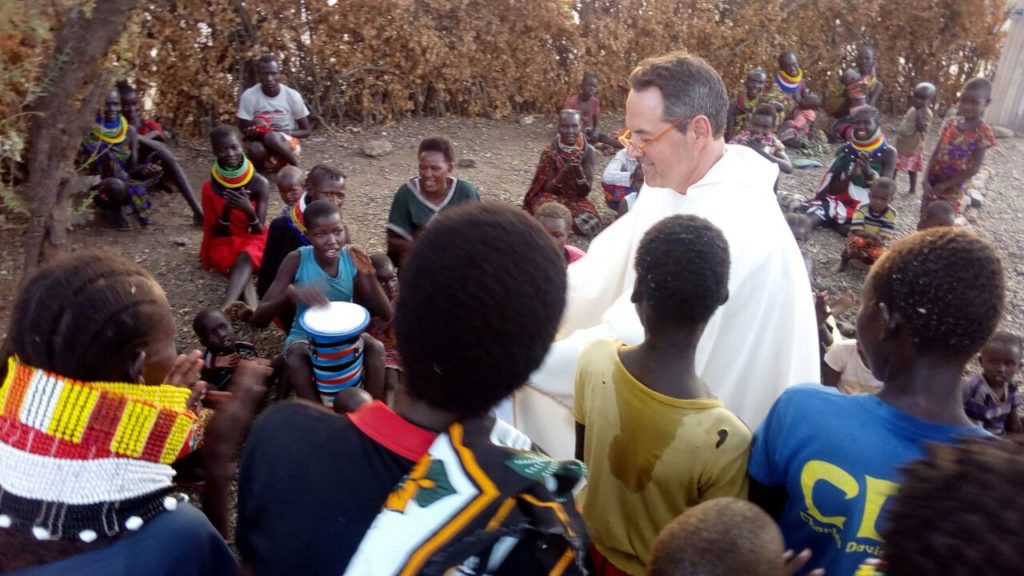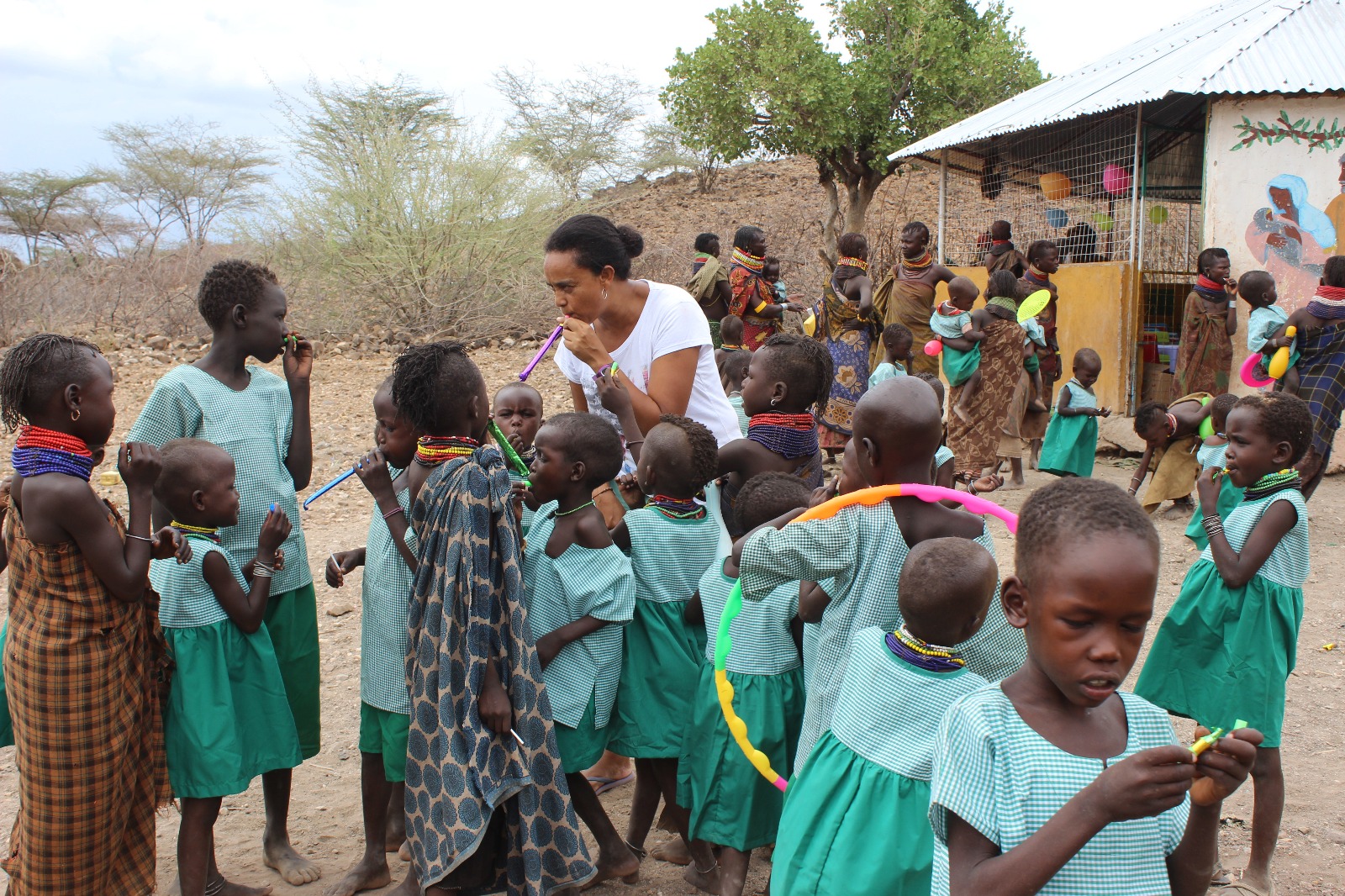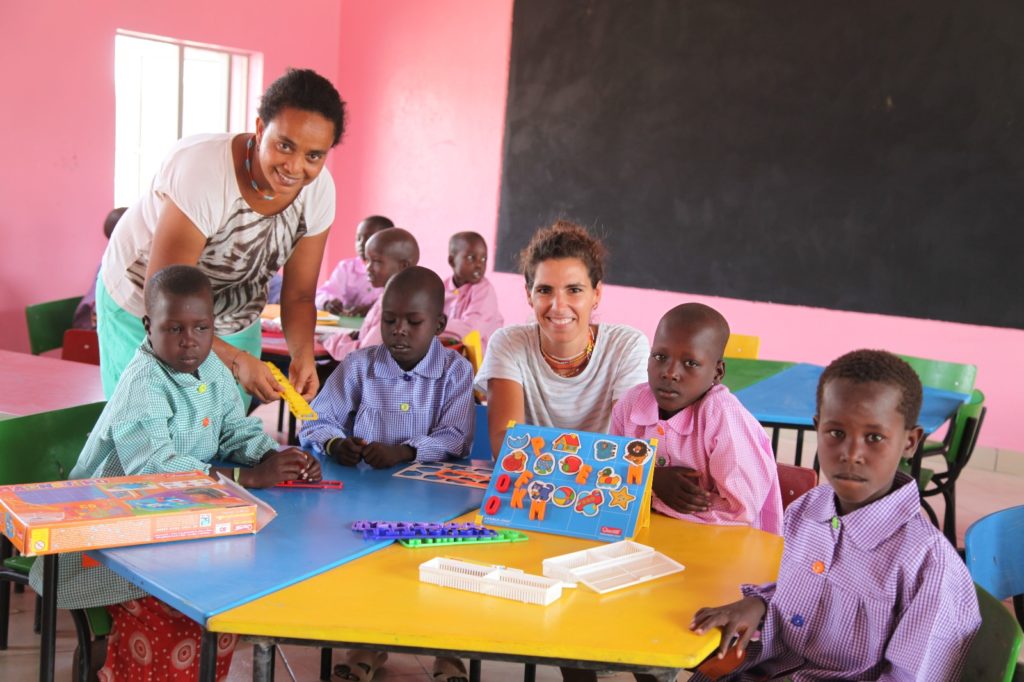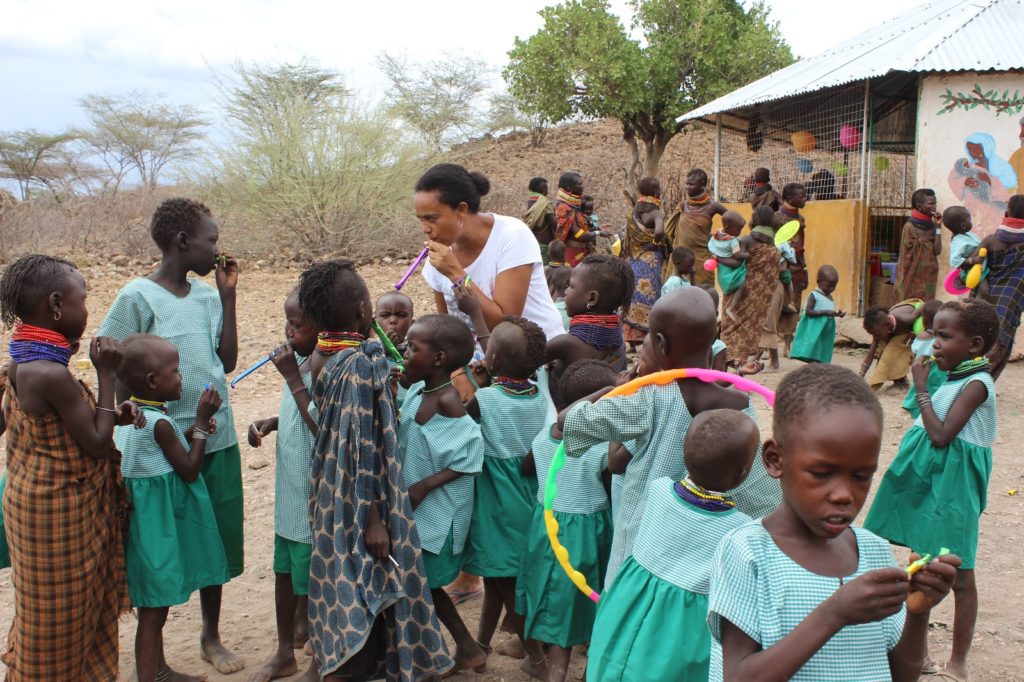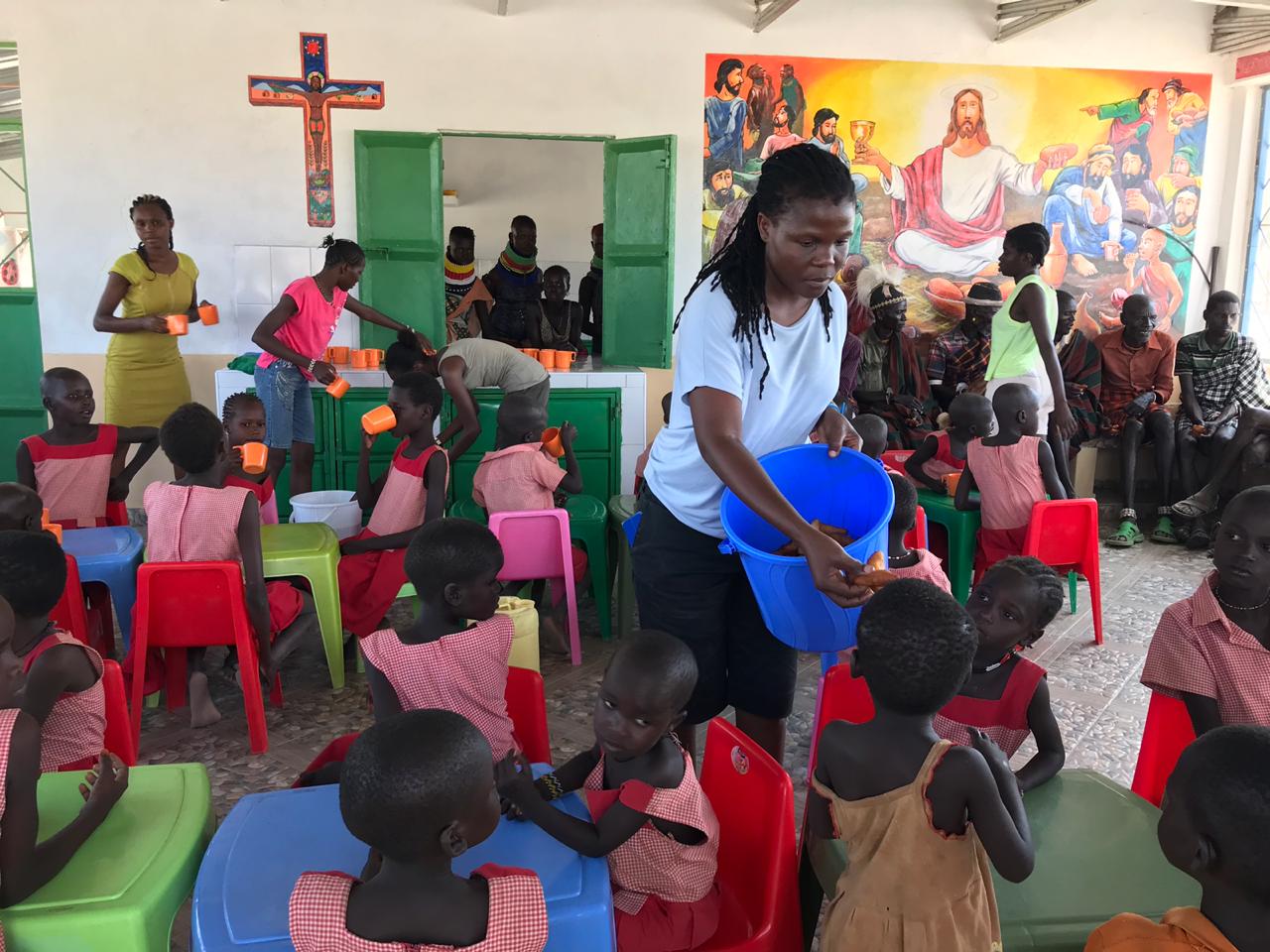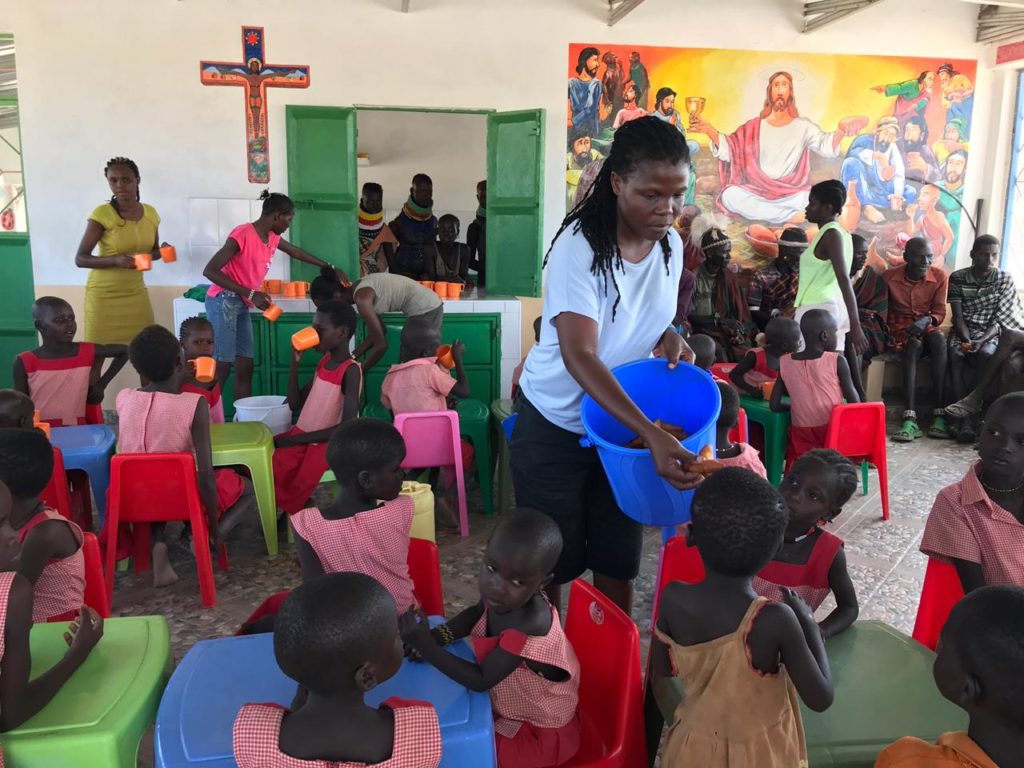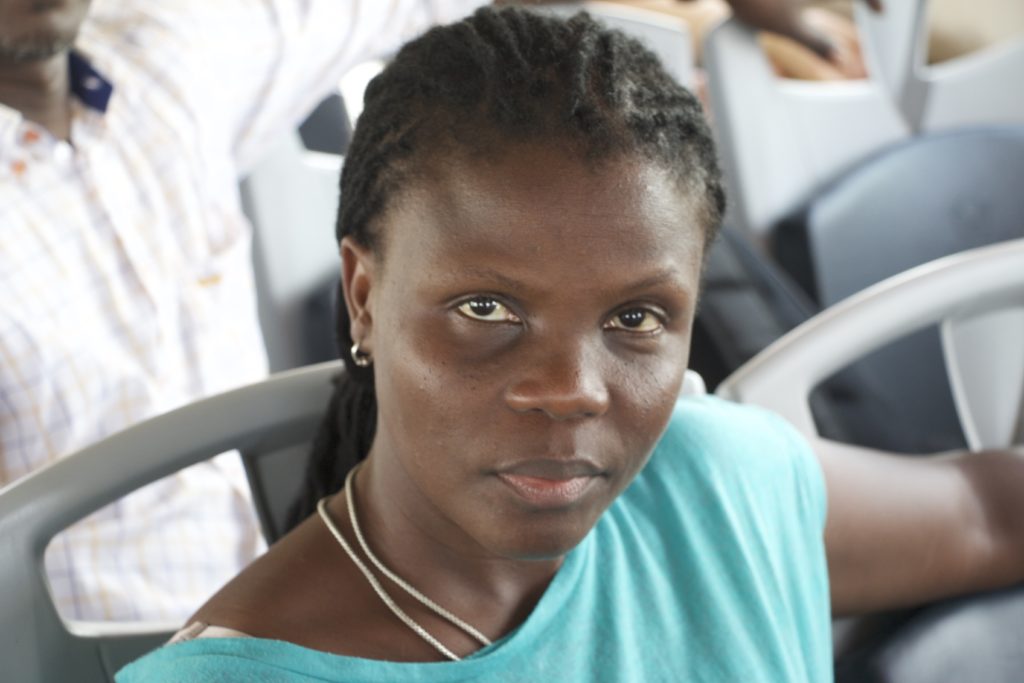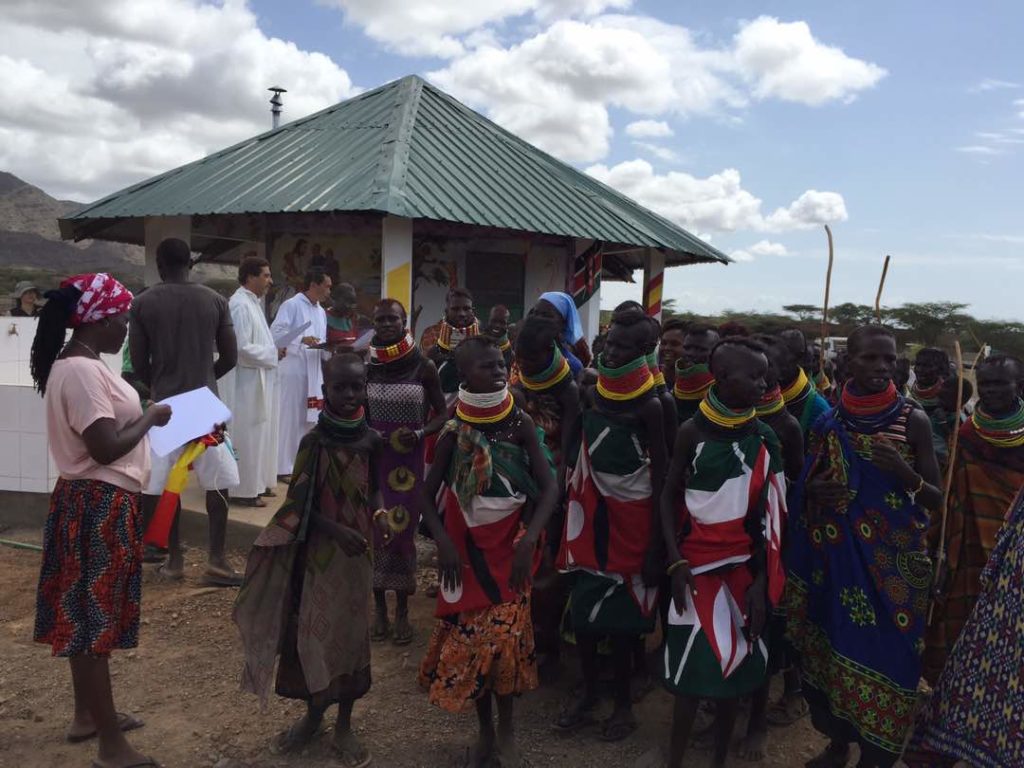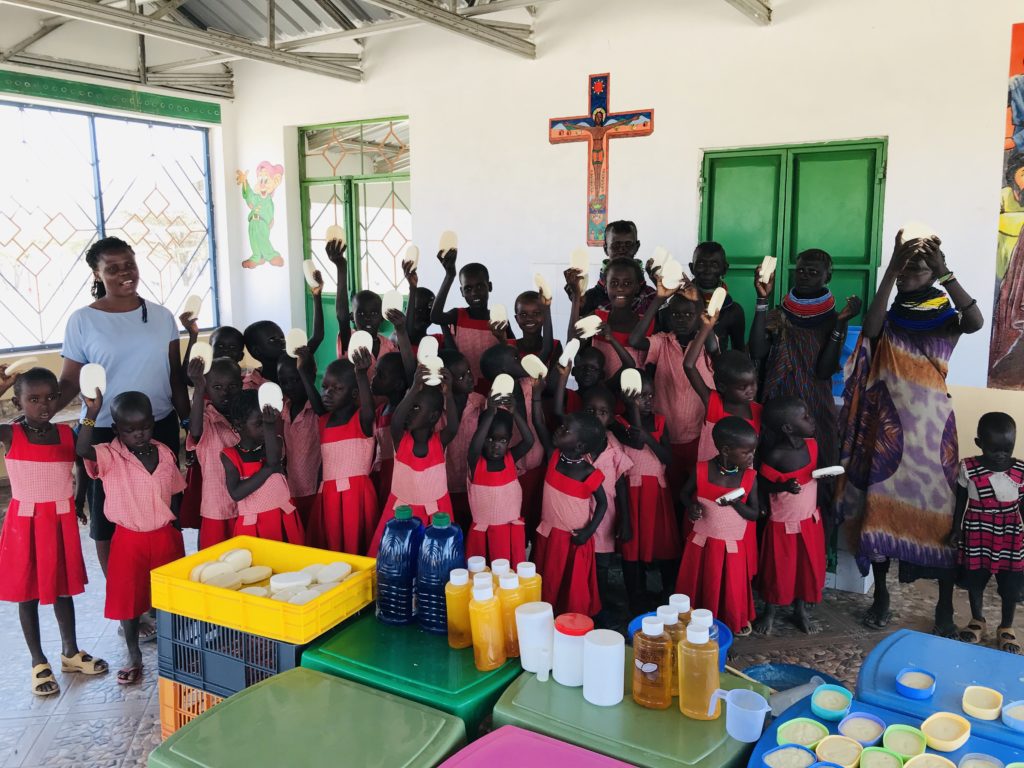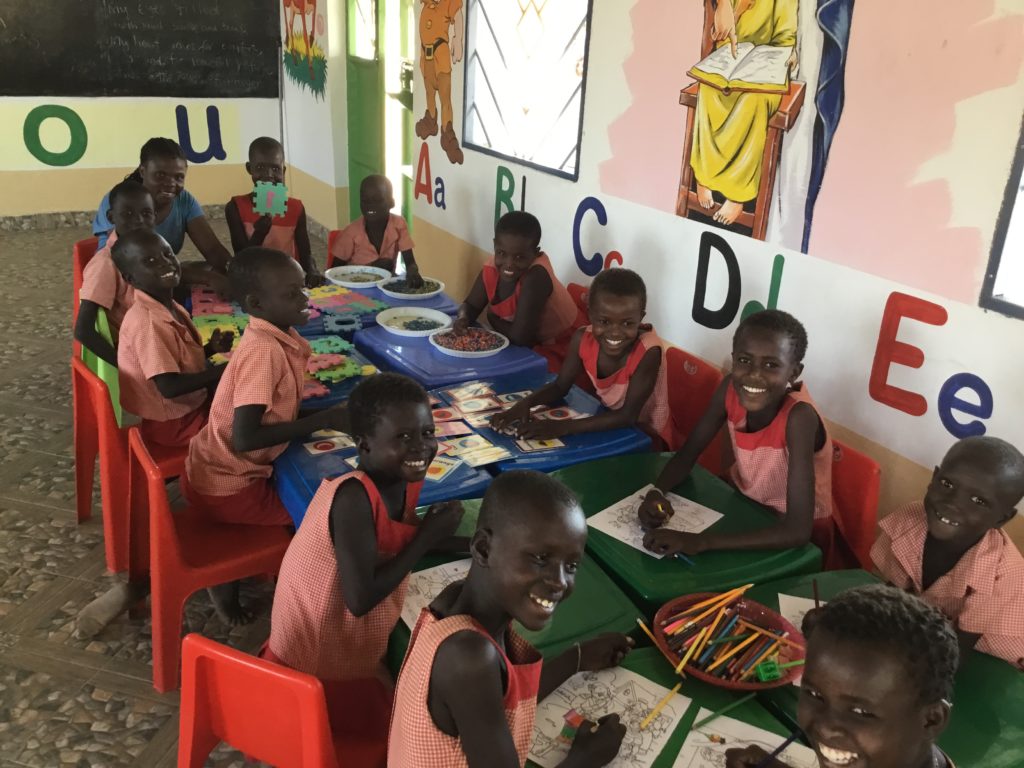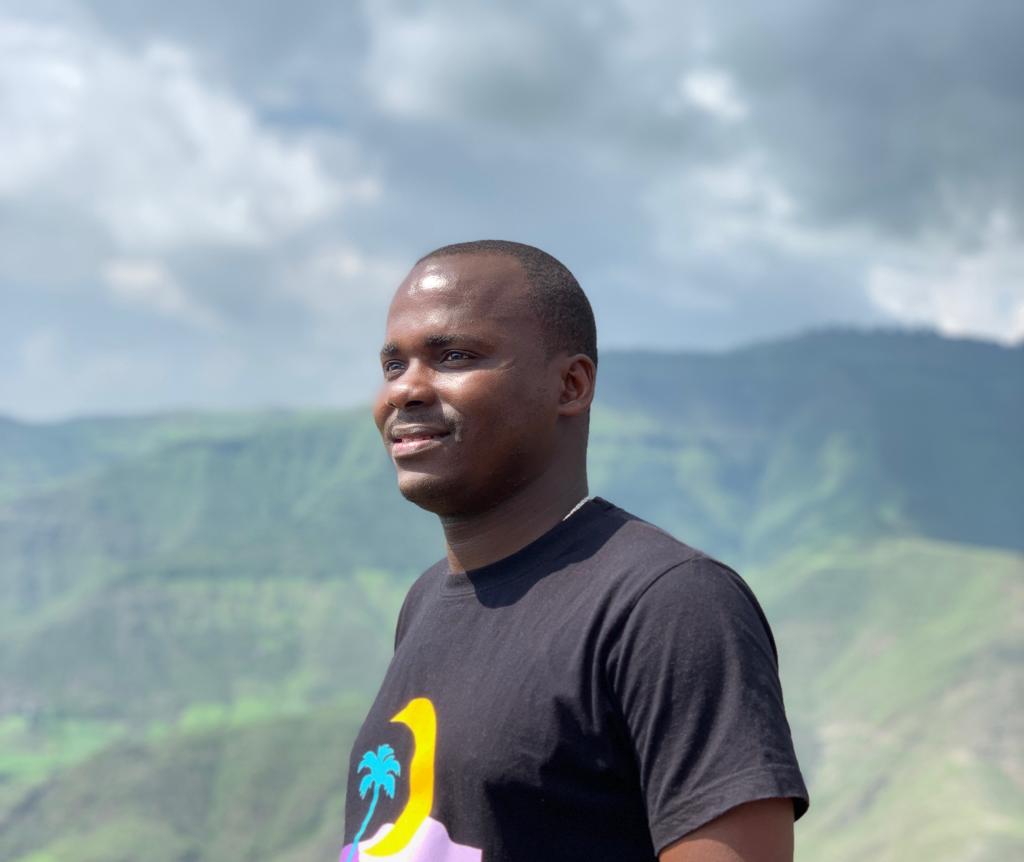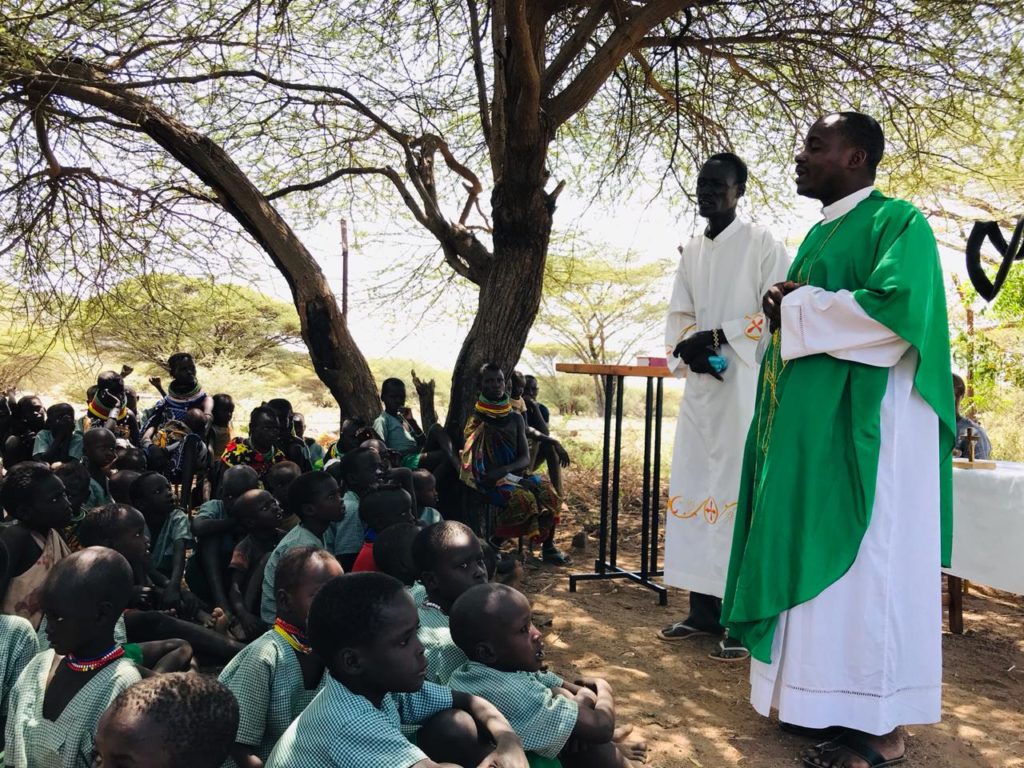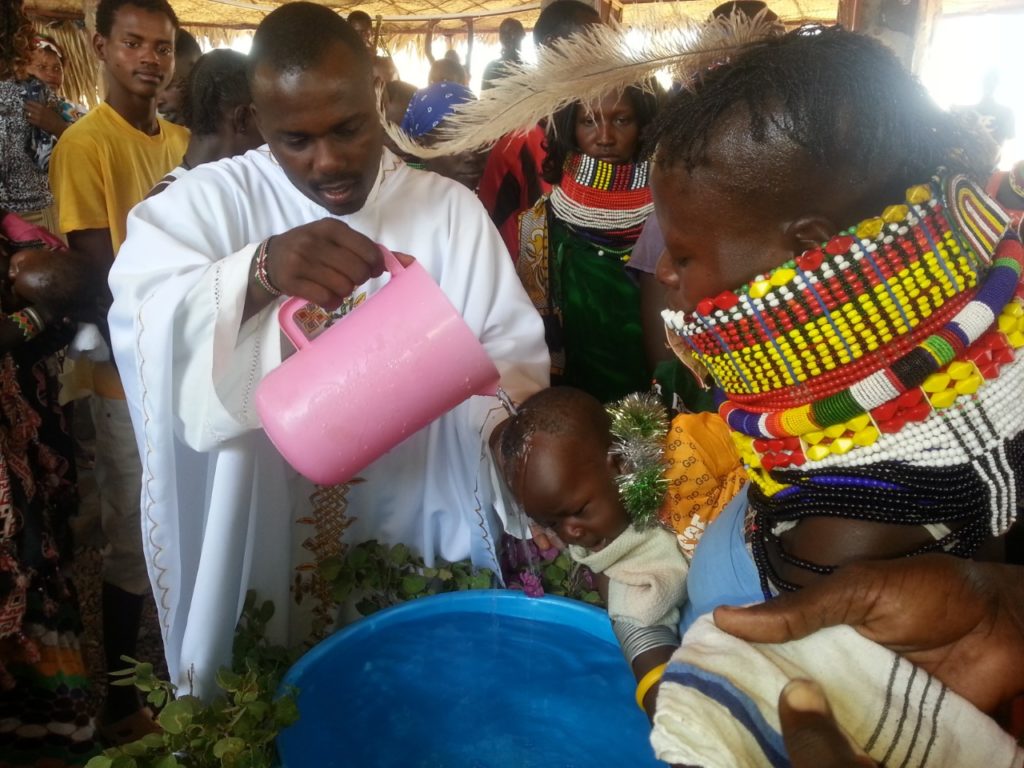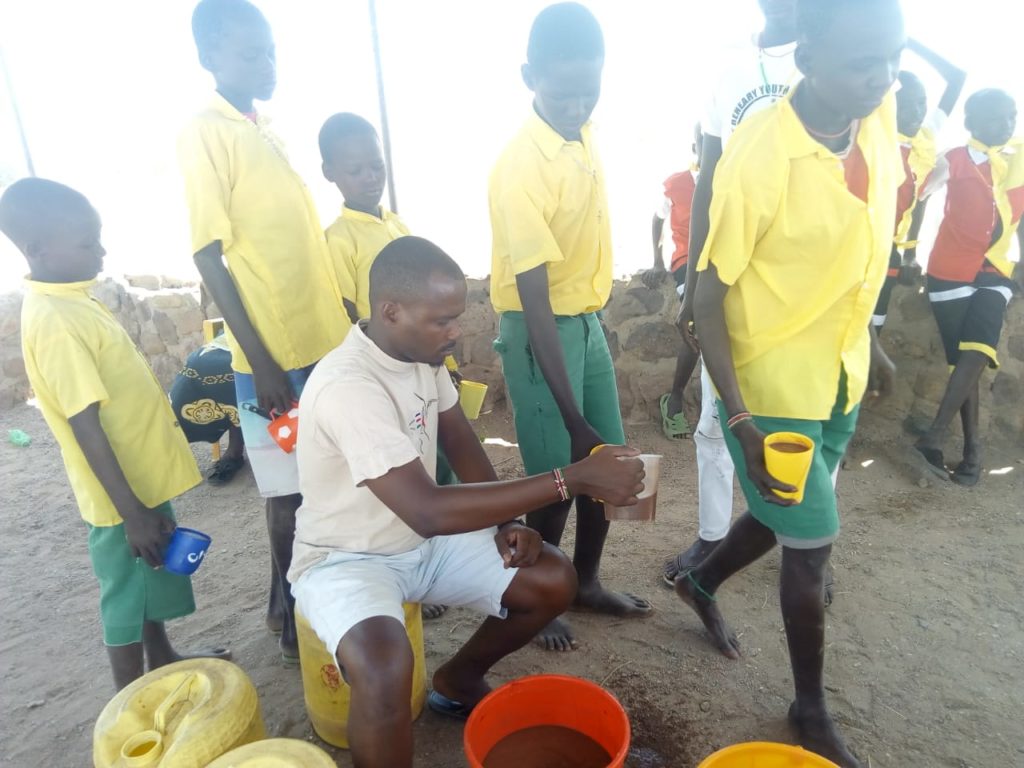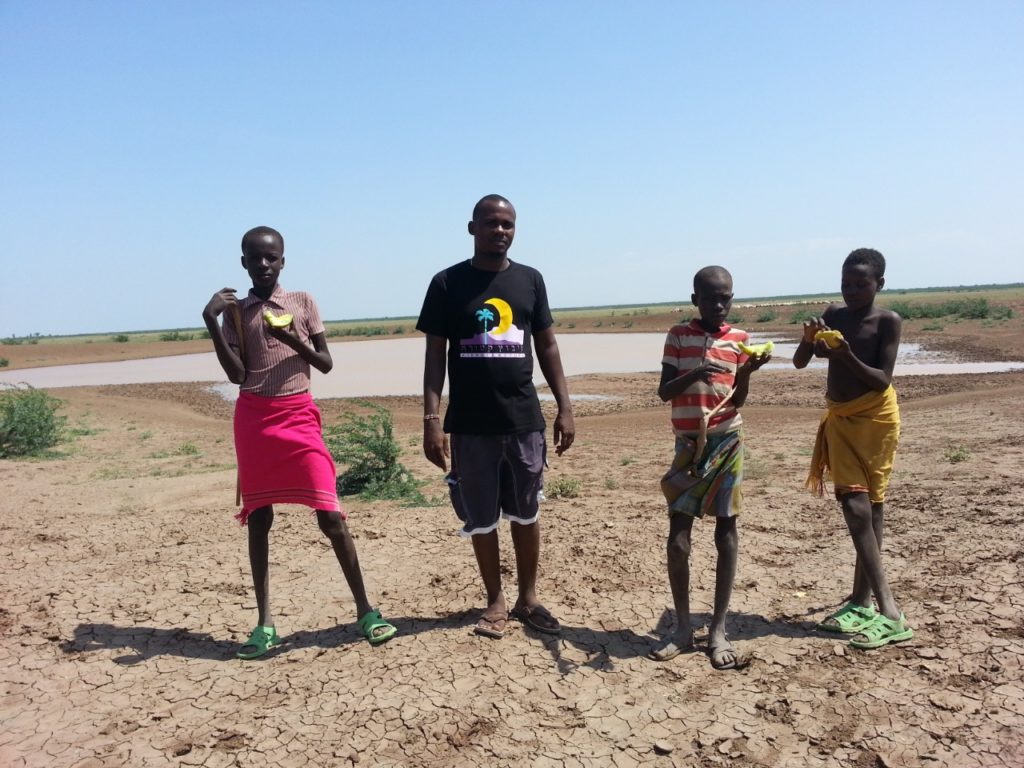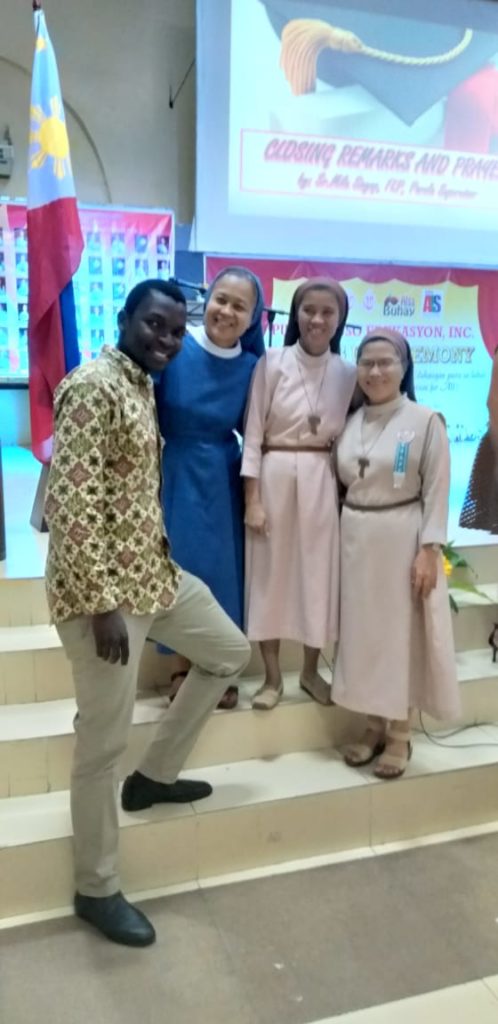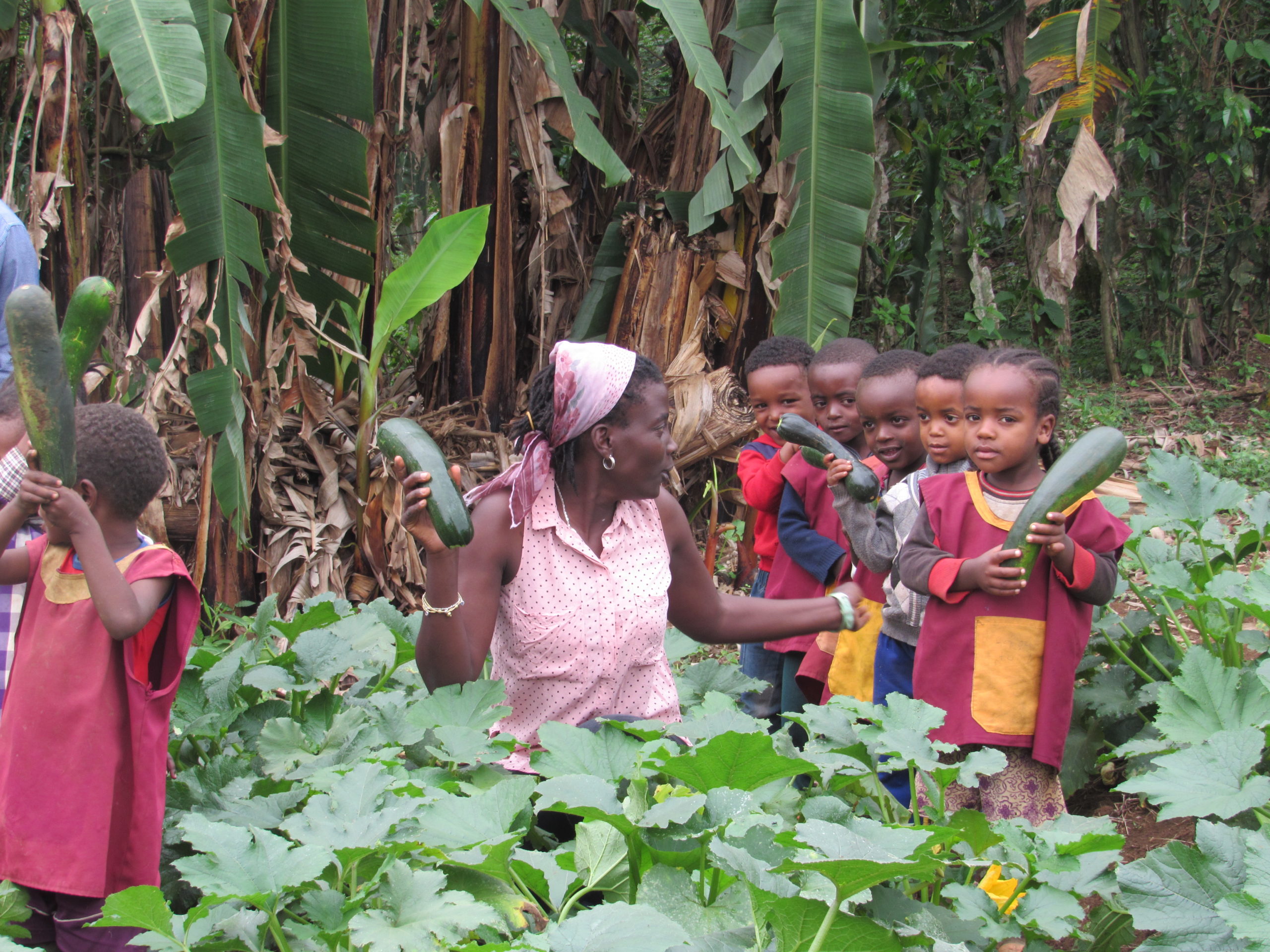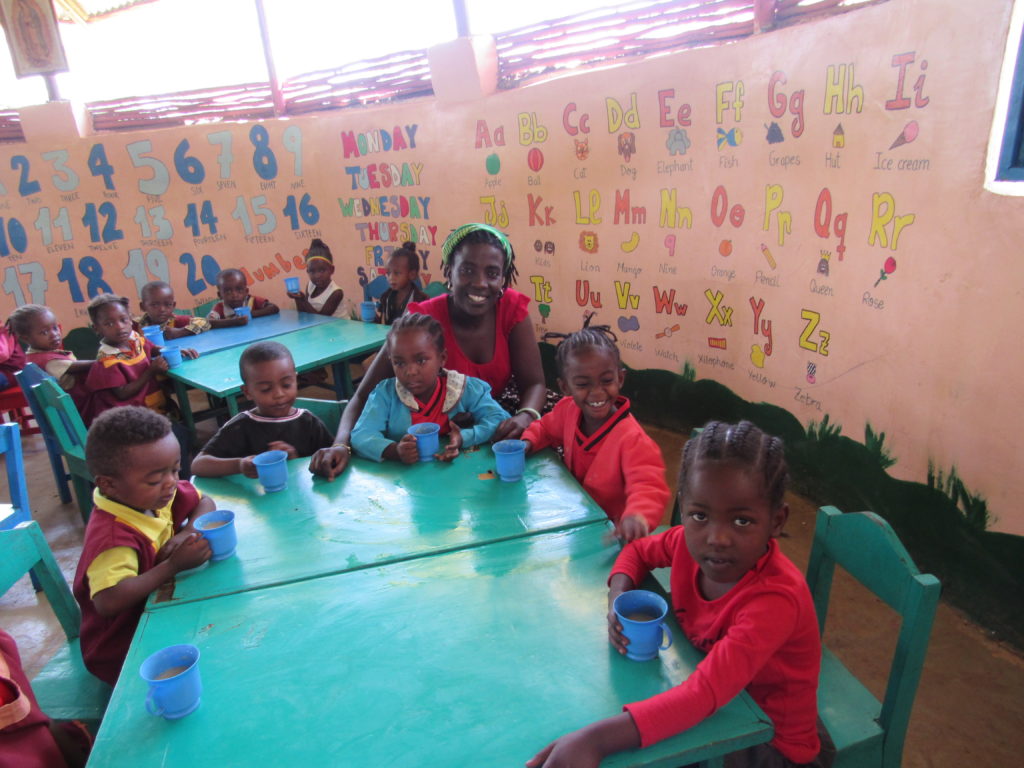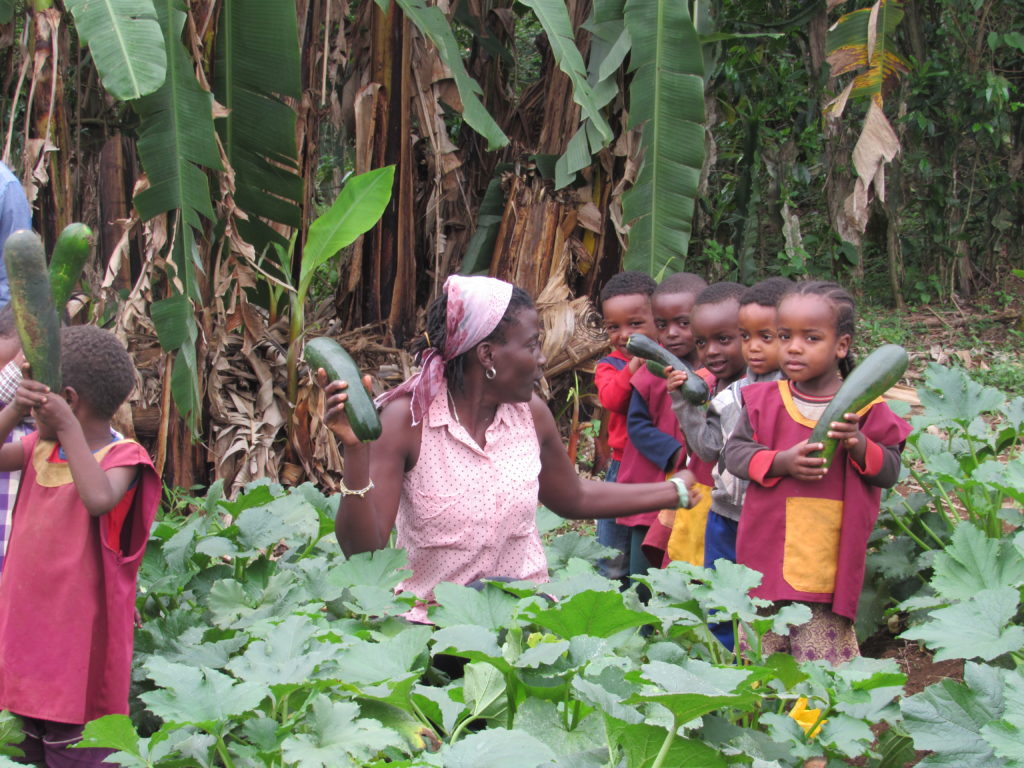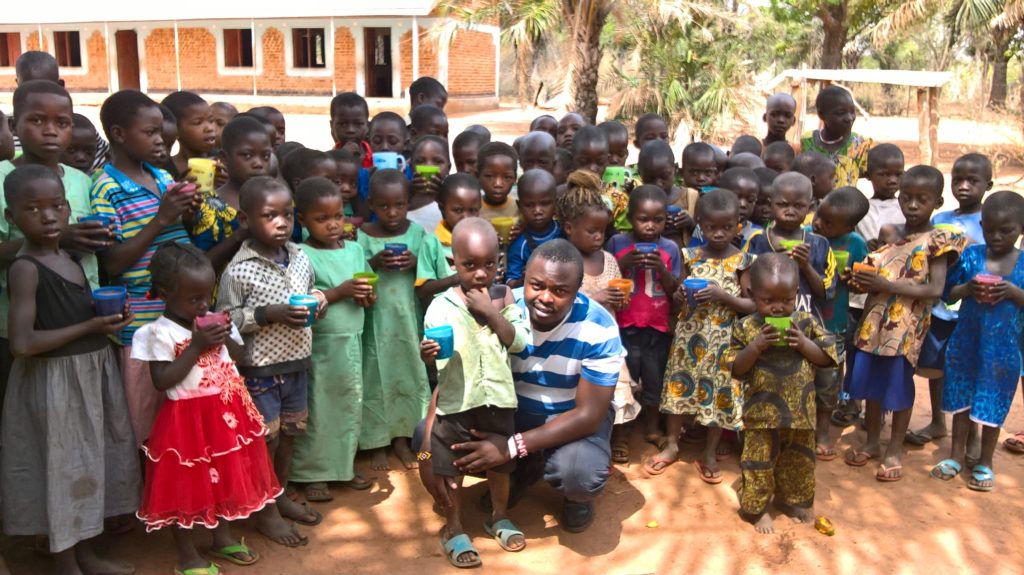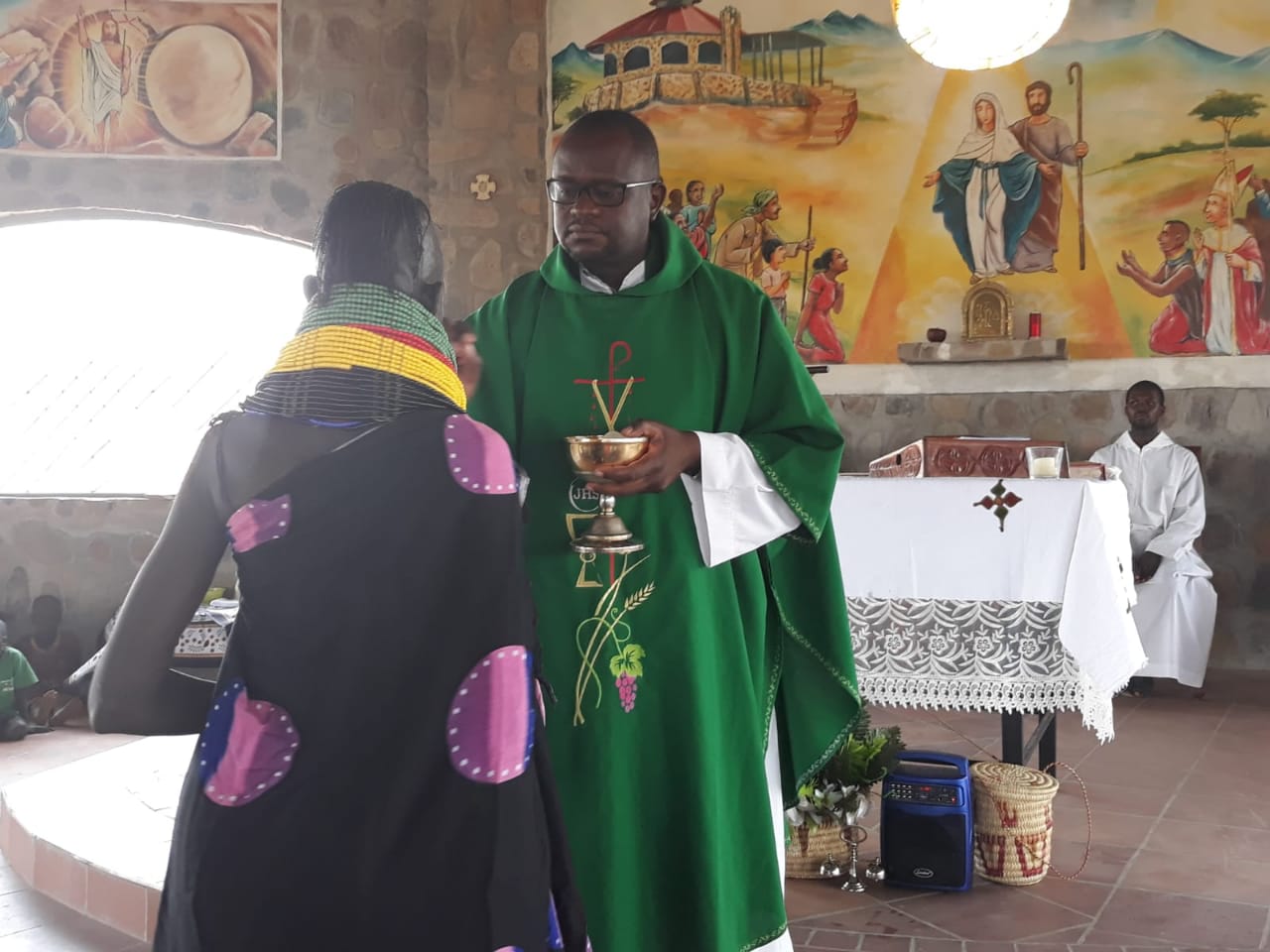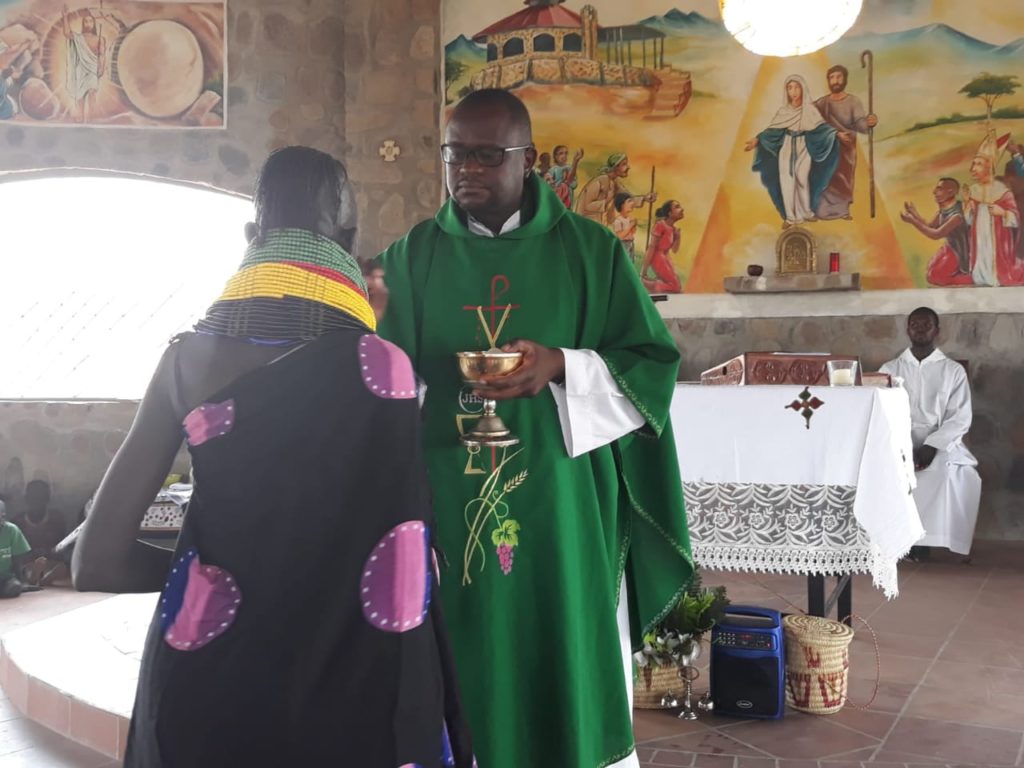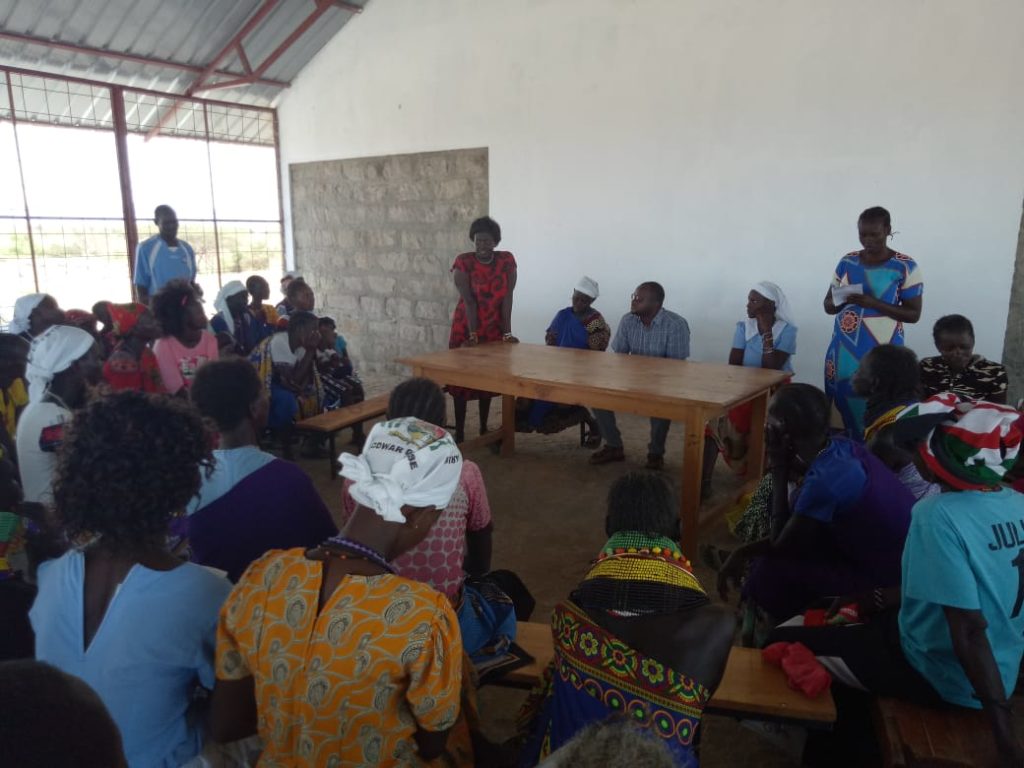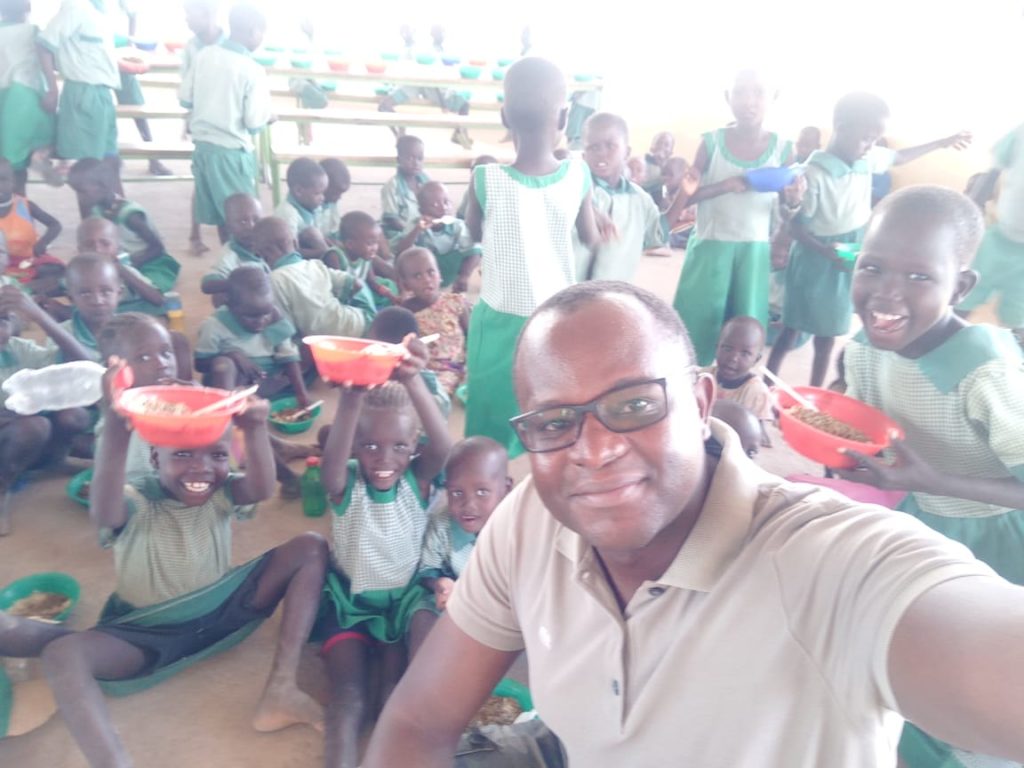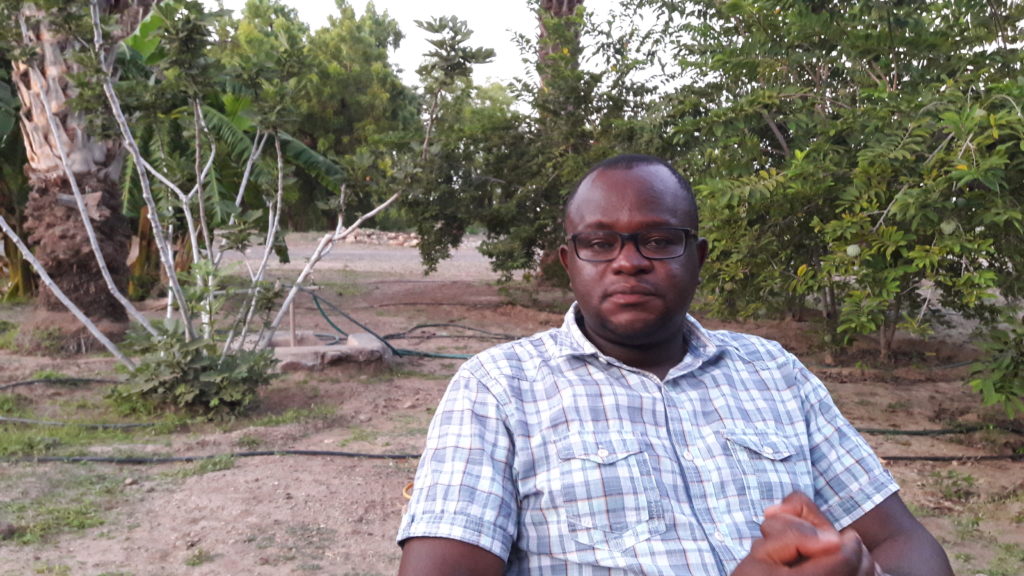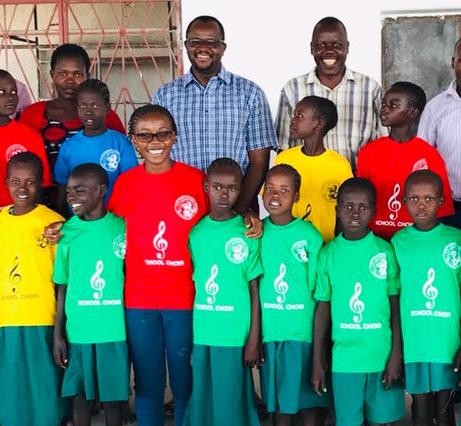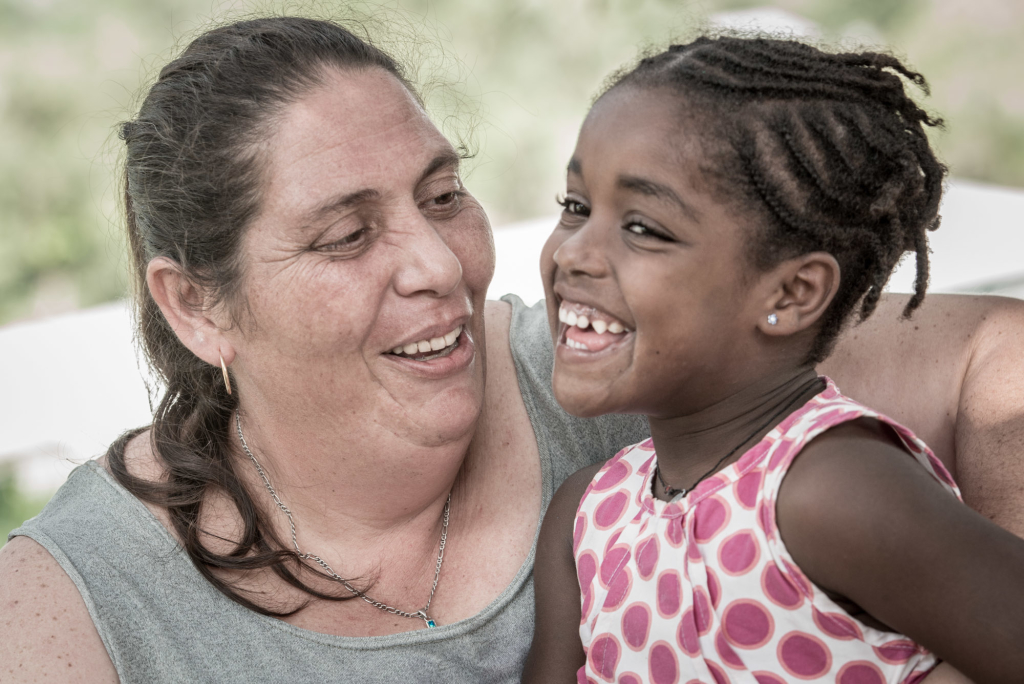
A Journey of 31 Years: Rosa Murillo
28 October 2019 Posted by lillian News 0 thoughts on “A Journey of 31 Years: Rosa Murillo”This year, it will be my 31st anniversary as a member of the Missionary Community of Saint Paul the Apostle (MCSPA). I will try to go through how it all began and how these past years have been.
One fine day in 1983, some of my friends invited me to attend a catechesis in preparation for Confirmation at San Nicasio Parish at Gavá (Barcelona) and from that moment on, many circumstances came up that made me go regularly to that parish. In the first place, Father Francisco Andreo, who was the Parish Priest then, asked us to take care of a group of Gypsy girls who lived in a marginalized neighbourhood near the parish. We started by looking for schools for them and bringing them to the doctor; in addition, they usually spent weekends and school holidays with us. In the second place,
Father Francisco also requested us to take care of an elderly lady with three very young grandchildren who depended on her. We helped her clean the house and gave her food, which we got, from our families and friends. It was there, helping others together with the youth of the parish, that I started feeling that I had found a group of people with whom I could do things that meant something to me.
When in 1988, Father F. Francisco and some youth decided to move to Turkana in the north of Kenya, I thought that I was going to lose that group of people with whom I could completely identify. I could not let them go and remain there without doing anything. Making a decision was hard, but I finally decided to leave everything and join this group of devoted persons who would afterwards become the MCSPA. Through them, I discovered Jesus’ call and concluded that He wanted me to follow him through these persons.
Due to a chronic illness for which there is no cure yet, I could not go to Africa for too many years. However, I was lucky enough to be able to take care of Pau Bernabé, a Turkana child with brain paralysis who lived with me in Spain for nine years. Taking care of Pau helped me appreciate what I had, value what God gives to each of us and persevere in my vocation and in the commitment that I had acquired. During that period, I adopted Santa Teresa’s words – “Patience obtains all things” – and hoped that one day I would be able to go to Africa.
A few years later and with my doctors’ approval, I moved to Nairobi for two years. After this period, I opened, together with other members of the community, a new mission in México: we established a Mother-Child Centre in the district of Ajusco and started taking care of children that for one reason or another were left under our care and to whom we tried to give a better life. I spent 10 years in Mexico
And finally now in Ethiopia, in-charge of a mission located at the south-west of the country, where I will hopefully be until God wishes me to go somewhere else where there will be more need.
I hope that while I am in Ethiopia I will be able to see the fruits of our presence: children and youth who approach us and hopefully would one day decide to leave everything and follow Christ through us. This already happened in Mexico where we met some young women who are now members of the MCSPA and they are now living in Ethiopia, some even who thought could never be missionaries like us but through our example we planted in them a seed which makes them become better and continue ahead.
I would be lying if I said that it has been a bed of roses; there have also been moments of disappointment and helplessness. However, the outcome is definitely positive: there have been more moments of happiness than of sadness, and I have received more than what I have given.
What I know for sure is that God’s call to me is clear and that despite my chronic illness
He wants me alive: I could be already in Jesus’ arms enjoying His Kingdom, but I am not. He wants me here, serving Him, so that with my small contribution I may alleviate the suffering of some of the many that He has put in my path.
I would like finally to thank God for this call to follow Him through F. Francisco and the rest of the members of the MCSPA. I would also like to thank each one, from the first to the last, those who are still here and those who have left us, because each one of them has had a huge impact on my life.
Rosa Murillo – MCSPA
